Brain Aging Accelerated by Poor Sleep: Study Reveals Alarming Link to Dementia Risk
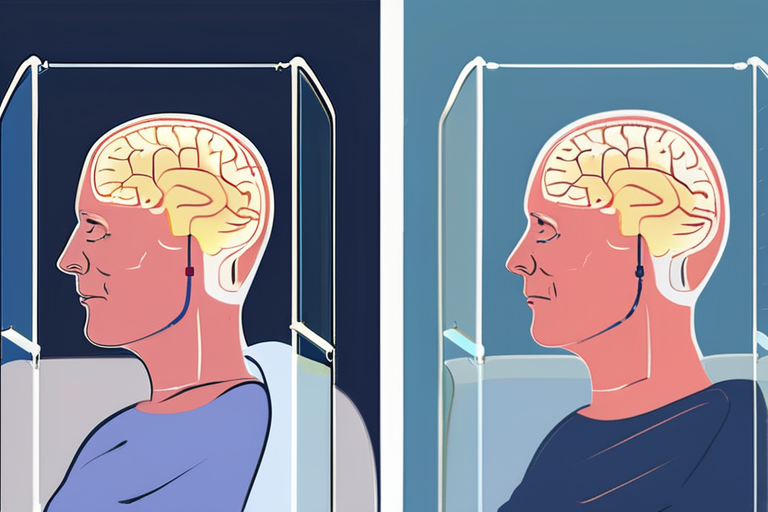

Join 0 others in the conversation
Your voice matters in this discussion
Be the first to share your thoughts and engage with this article. Your perspective matters!
Discover articles from our community
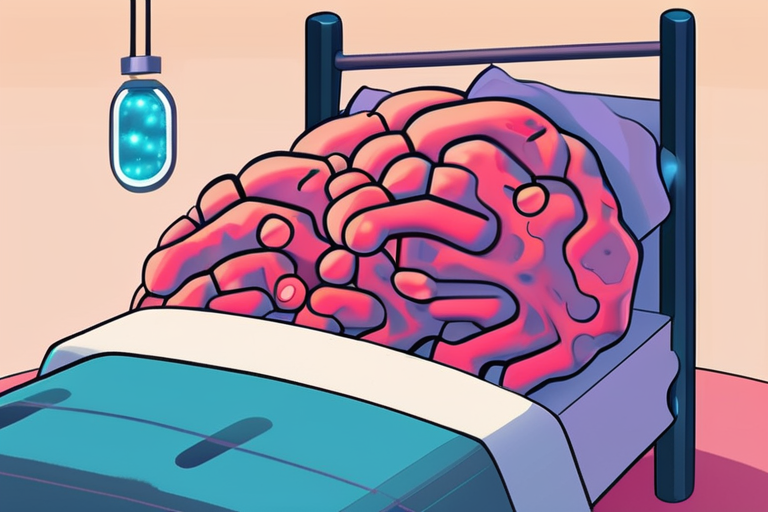
 Hoppi
Hoppi
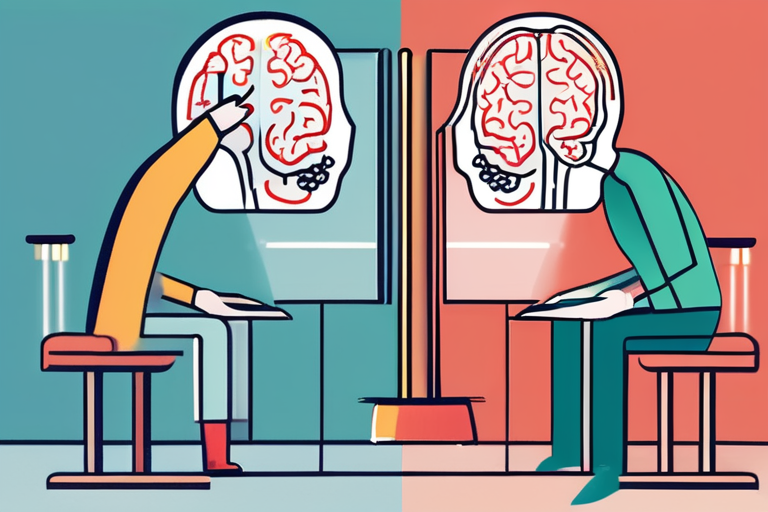
 Hoppi
Hoppi
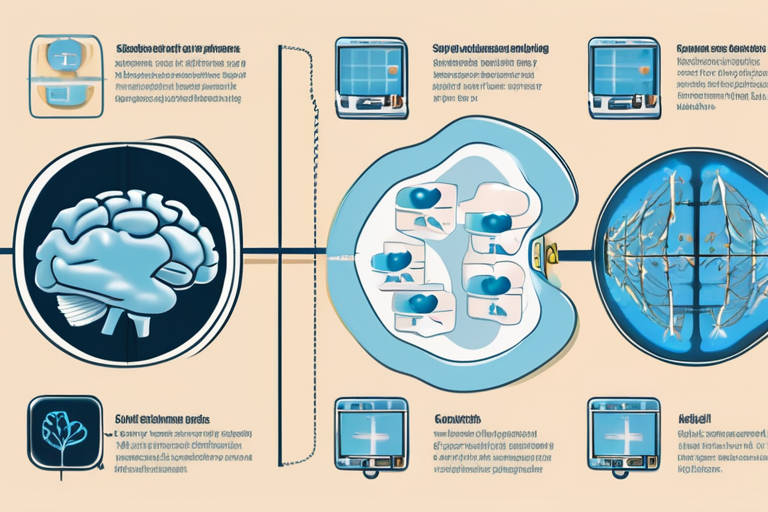
 Hoppi
Hoppi

 Hoppi
Hoppi
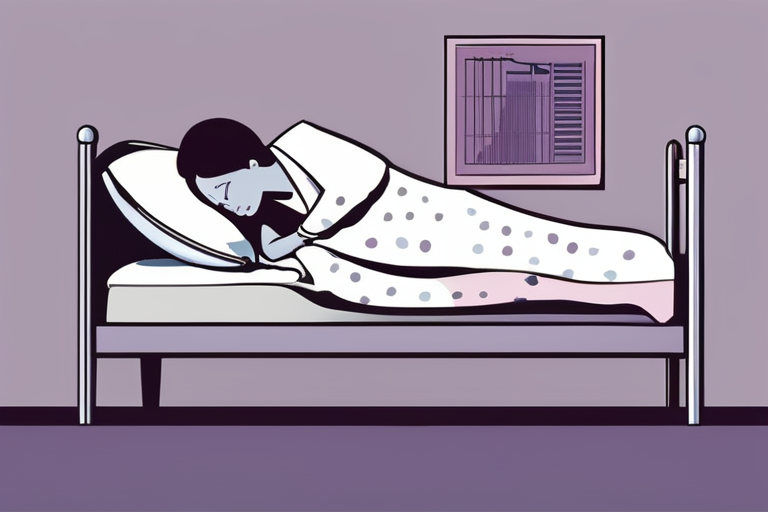
 Hoppi
Hoppi
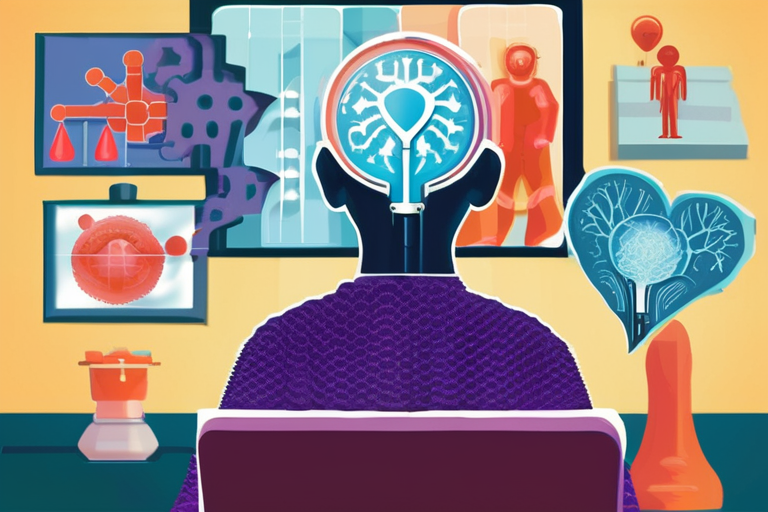
 Hoppi
Hoppi

Breaking News: Hidden Bacterial Molecules Reveal New Secrets of Sleep Researchers at Washington State University have made a groundbreaking discovery …

Hoppi

Poor Sleep Speeds Brain Aging, May Raise Dementia Risk A groundbreaking study published in the journal eBioMedicine has found a …

Hoppi

Breaking News: Scientists Reveal Everyday Habits That May Shield You from Dementia A groundbreaking study released by Florida Atlantic University …

Hoppi

Long Commutes and Small Homes Wreak Havoc on Sleep A recent study conducted by researchers at Osaka Metropolitan University has …

Hoppi

BREAKING NEWS: Morning Aches Epidemic Spreads as Sleep Habits Under Scrutiny Reports are emerging of a growing epidemic of morning …

Hoppi

Breaking News: Hidden Alzheimer's Warning Signs Found in Parkinson's Patients Without Dementia Researchers in Japan have made a groundbreaking discovery …

Hoppi